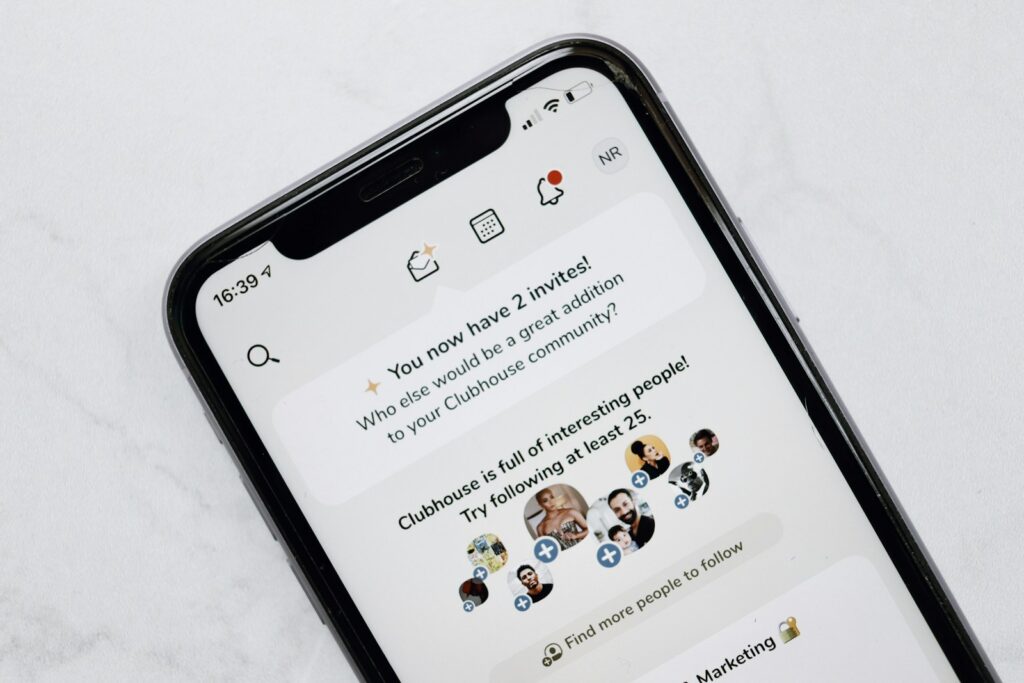Introduction
Small and Medium Enterprises (SMEs) form the backbone of India’s economy, contributing significantly to GDP and employment. However, with increased competition and evolving customer expectations, Indian SMEs must adopt smarter business tools to stay ahead. A CRM (Customer Relationship Management) tool is no longer optional—it’s an essential system for managing leads, improving relationships, and driving revenue.
But with hundreds of CRM options available, the challenge lies in selecting the right tool with features that suit small business operations. This guide explores the top features Indian SMEs need in a CRM tool to streamline workflows, boost productivity, and achieve sustainable growth.
Why SMEs in India Need CRM Software
Indian SMEs often operate in fast-paced environments with lean teams and tight budgets. Manual processes like maintaining spreadsheets, tracking follow-ups over phone calls, and scattered communication can result in lost leads and reduced customer satisfaction.
CRM tools solve these problems by offering:
- Centralized customer data
- Lead tracking
- Communication history
- Task automation
- Reporting and insights
Choosing a CRM with the right features ensures your business remains efficient and competitive while scaling operations.
1. Contact and Lead Management
A CRM without strong contact and lead management is like a shop without inventory tracking. For SMEs, managing customer data accurately is the foundation of long-term relationships.
Key Capabilities:
- Store detailed contact profiles (name, email, phone, purchase history)
- Capture leads from multiple sources: website forms, email, social media
- Categorize contacts as prospects, customers, or vendors
Why SMEs Need It:
Centralized and accessible contact information ensures better follow-ups, less duplication, and informed conversations.

2. Sales Pipeline Management
A visual sales pipeline helps SMEs track where each lead stands in the buyer journey—from initial contact to conversion.
What to Look For:
- Customizable pipeline stages
- Drag-and-drop interface for deal movement
- Real-time updates and notifications
Why It Matters:
It helps teams stay focused, identify bottlenecks, and take action quickly to close deals faster.
3. Workflow Automation
Automation is a game-changer for time-constrained SMEs. It reduces manual work and ensures no opportunity slips through the cracks.
Essential Automations:
- Auto-assign leads to sales reps
- Send follow-up emails automatically
- Set task reminders for missed calls or emails
Why SMEs Need It:
Automation boosts team productivity and ensures consistent customer experiences without extra staffing.
4. Integration with Communication Channels
Your CRM should integrate smoothly with commonly used platforms like:
- WhatsApp Business
- Email clients (Gmail, Outlook)
- Social media (Facebook, Instagram)
- Telephony or call software
Why SMEs Need It:
Most Indian SMEs interact with customers over WhatsApp or mobile calls. Integrating these platforms ensures all communication is captured in one place.
5. Mobile App Access
In India, field sales are common in industries like real estate, insurance, and FMCG. A mobile CRM app allows team members to work on the go.
Must-Have Features:
- Contact lookup
- Lead updates
- Note-taking after meetings
- GPS tracking (optional for field teams)
Why It Matters:
Mobility enhances responsiveness and real-time updates from team members working outside the office.
6. Reporting and Analytics
Even small businesses need insights to improve. A good CRM provides:
- Sales trends
- Top-performing products or services
- Conversion rates
- Team productivity reports
Why SMEs Need It:
Analytics help decision-makers identify what’s working, what’s not, and where to invest time and money.
7. Role-Based Access and Team Management
As businesses grow, not every employee should access all data. CRM tools must offer permission controls.
Useful Controls:
- Restrict viewing/editing based on role
- Assign leads/tasks by geography or product
- Managerial dashboards for overview
Why It Matters:
Ensures data security and organized workflows, especially in multi-branch or multi-department operations.

8. Email and SMS Campaign Integration
CRM tools that support marketing automation help SMEs run campaigns without extra software.
Look for:
- Email templates and bulk sends
- SMS integration with Indian gateways
- Open/click rate tracking
Why SMEs Need It:
Effective for nurturing leads, sending offers, and keeping customers engaged—all within one platform.
9. Local Language Support
Many Indian businesses operate in regional markets where teams prefer Hindi, Tamil, Marathi, or other Indian languages.
Why It Matters:
A CRM that supports multilingual interfaces enhances adoption and reduces training time for regional teams.
10. Indian Tax & Invoice Integration
Some CRM tools offer built-in invoice generation, GST compliance, and integration with accounting tools like Tally or Zoho Books.
Why SMEs Need It:
Helps small businesses maintain records, issue bills, and manage receivables—all aligned with Indian financial norms.
11. Scalability and Flexible Pricing
The ideal CRM should allow you to start small and expand features/users as needed.
Things to Check:
- Free trial or freemium plans
- Pay-per-user or usage-based billing
- Upgrade path to advanced features
Why It Matters:
SMEs can manage costs effectively while keeping future growth in mind.
12. Data Security and Compliance
With India’s data protection framework evolving, CRM tools should offer:
- Role-based access
- Encrypted data storage
- Indian data center hosting (if possible)
Why SMEs Need It:
Trust and compliance are key in today’s digital ecosystem. A secure CRM ensures both.
Recommended CRM Tools That Offer These Features
Here are a few CRM platforms that cater well to Indian SMEs:
- Zoho CRM: Full-featured CRM with India-first pricing, automation, and local support
- Freshsales: Easy-to-use, AI-powered CRM for small teams
- HubSpot CRM: Great for beginners with strong contact management and integration options
- Kylas CRM: Specifically built for Indian startups and SMEs with affordable pricing and GST-ready features
Conclusion: Choose Features That Fit Your Business, Not Just the Hype
When it comes to CRM software, Indian SMEs should prioritize features that align with their current workflows and future ambitions. It’s easy to be swayed by flashy dashboards or complex AI tools, but unless those features solve your real challenges, they won’t add value.
Focus on tools that offer:
- Simplicity and ease of use
- Integration with Indian platforms
- Automation and communication support
- Local pricing and customer service
The right CRM isn’t the one with the most features—it’s the one with the most relevant features for your SME.
With thoughtful selection, CRM tools can help Indian SMEs build stronger relationships, improve sales performance, and grow sustainably in a highly competitive landscape.
